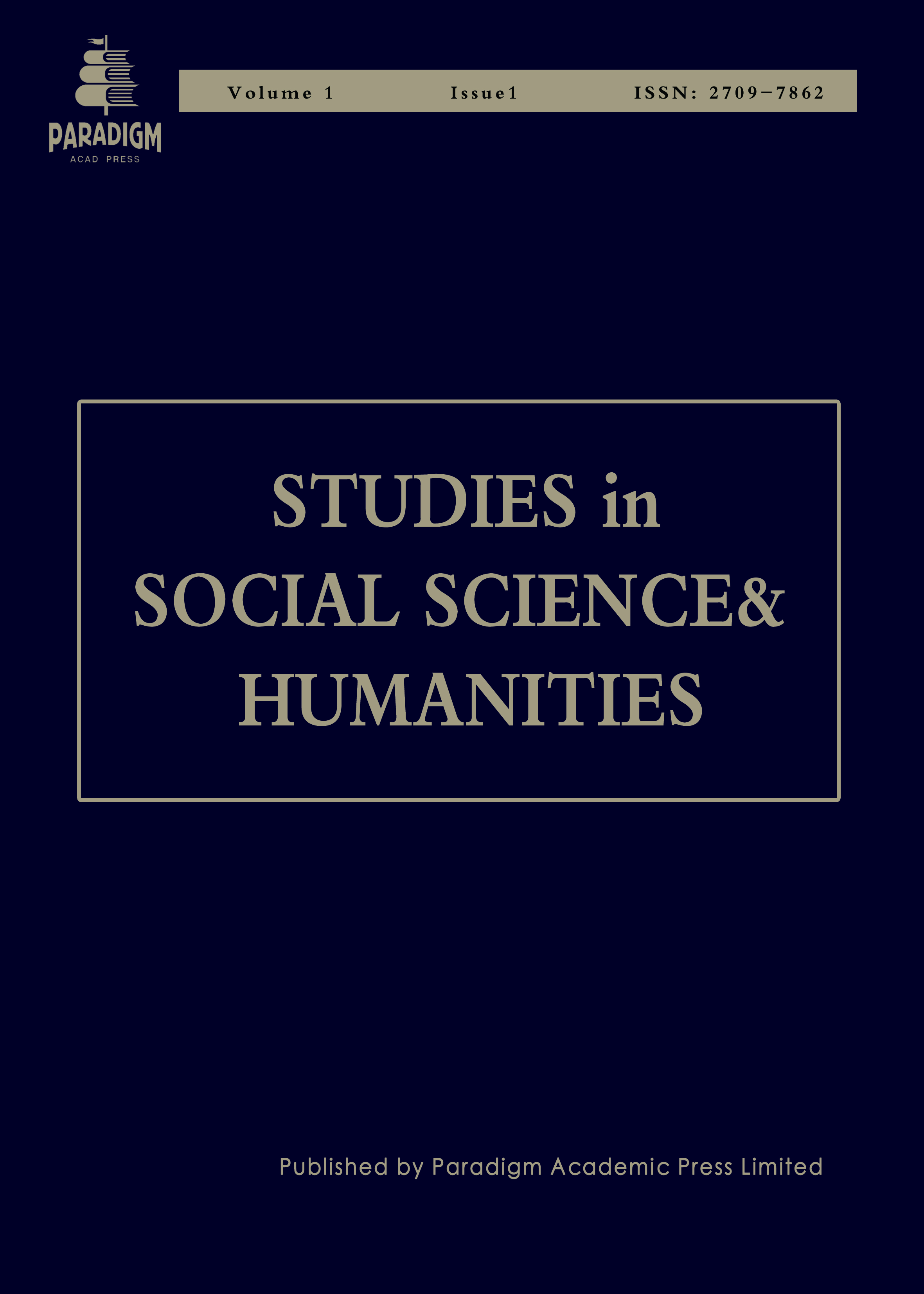The Existentialist Dilemma: Analyzing Nihilism, Anxiety, and Self-Identity in French Philosophy at the End of the 20th Century
Keywords:
existentialism, Nihilism, anxiety, self-identity, existential dilemma, human condition, critical analysisAbstract
This academic paper delves into the profound existentialist dilemma that characterized French philosophy at the close of the 20th century. Focused on the central themes of nihilism, anxiety, and self-identity, the analysis navigates the philosophical landscapes shaped by eminent thinkers like Sartre, Camus, de Beauvoir, and Kierkegaard. Each section unravels the existential intricacies, exploring how these themes intertwine and shape the human condition. From defining nihilism in the existentialist context to examining the portrayal of anxiety in literature and philosophy, and investigating the construction of self-identity in the face of existential challenges, the paper provides a nuanced understanding of the existentialist discourse. A critical analysis of pivotal works, including Sartre’s Being and Nothingness, Camus’s The Stranger, de Beauvoir’s The Second Sex, Kierkegaard’s Fear and Trembling, and Kafka’s The Trial, offers insights into how these philosophers grapple with the complexities of existence. The results highlight commonalities and differences among existentialist thinkers, providing a comprehensive examination of the existentialist dilemma in the context of French philosophy.


